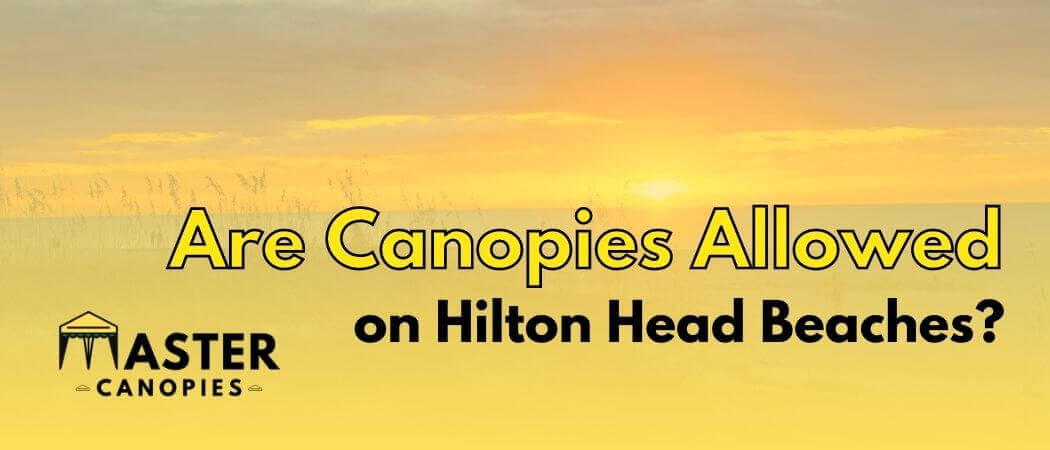
Are Canopies Allowed on Hilton Head Beaches in South Carolina?
Are Canopies Allowed on Hilton Head Beaches in South Carolina? Published June 4th, 2022 by Allen Campbell Regardless of where you reside, beaches are a
Published June 4th, 2022 by Allen Campbell
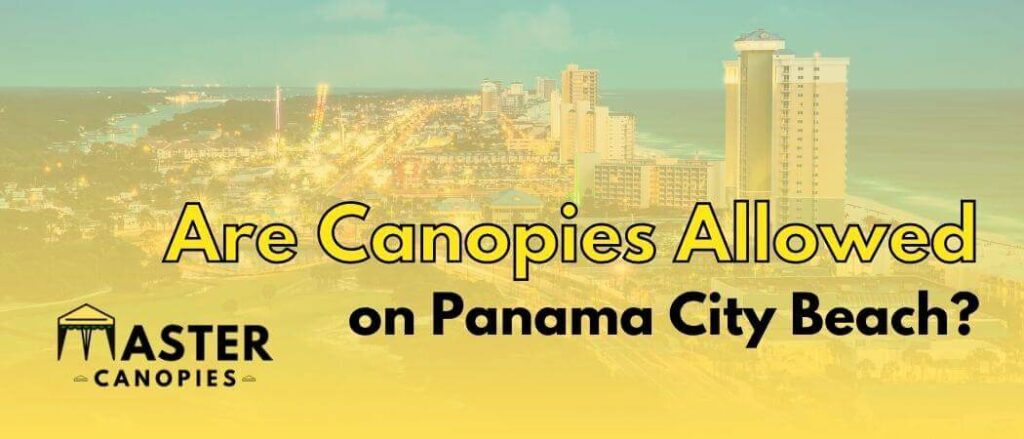
Beaches are some of the most popular tourist attractions in any location. Whether you’re a local or traveling during your vacation, beaches are a great way to enjoy your time with friends and family. Most people prefer bringing a canopy to make the trip more convenient. It gives you protection from the sun, air, and sand while storing your beach items simultaneously. But sadly, not every beach allows you to bring canopies.
You might want to know if Panama City Beach, Florida, is one of the beaches with canopy restrictions before planning a trip. If so, you can read through all the details I provide in this blog. I also outline the standard safety policies of the beach that every person should know before their next visit to Panama City.
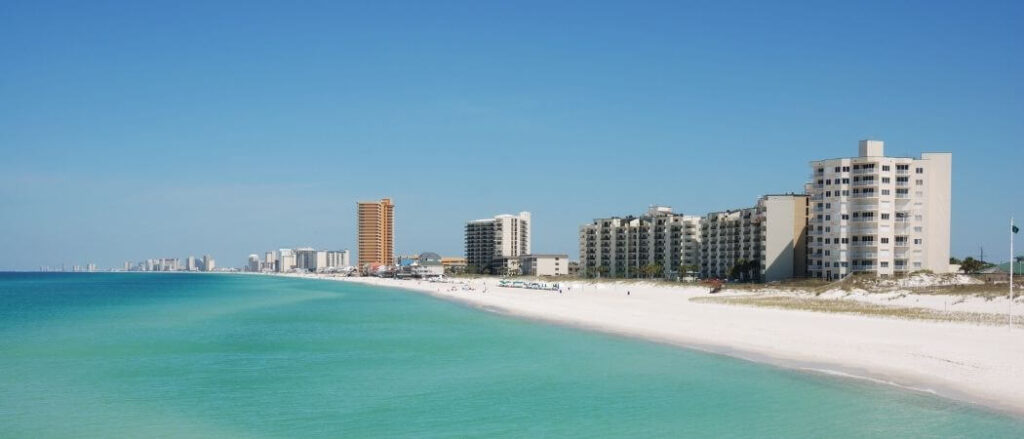
Panama City Beach is the ideal Florida beach getaway. You can enjoy its pearly white sands, warm climate, and exotic Bottlenose dolphins swimming along the coast. The beach is in northwest Florida, some 47 miles east and 100 miles southwest of Destin and Tallahassee. It may be the most popular spring break spot in the vicinity.
But after the introduction of new laws prohibiting alcohol on the premises in March, the city quickly saw fewer bachelors across its shores. That makes it a more family-friendly spot for kids, couples, and friends to enjoy a decent and warm vacation.
The alabaster beaches stretch a wide 27 miles and make Panama City a colossal beach attraction. Still, it’s not all that the city has to offer. The beach has two state parks bordering on either side (St. Andrews and Camp Helen). It also has one of the most significant fishing areas and one of the world’s largest populations of bottlenose dolphins. Panama City Beach is a nature and animal lover’s nirvana.
Yes! As stated by the Panama City beach rules and guidelines, canopies are welcome for any visitors. Still, tents and any other beach items left without supervision from 7:00 p.m. to 7:00 a.m. are subject to disposal by beach officials, according to the Leave No Trace Ordinance.
In the regulations for every beach stated in a Panama City Ordinance, the only prohibition is related to a 30-foot wrack line. There are prohibitions about erecting or leaving canopies on the beach within thirty feet of the main wrack line. The rules also specify that “canopy” means a temporary beach structure that generally provides shade or shelter. That typically consists of a rectangular-shaped cloth held by four vertical stands.
Panama City has an extensive and spacious beach. That gives people the option to move around the coast, fish, swim, make sandcastles, or sit and bathe in the sun. Still, there are some Panama City beach guidelines that you should know beforehand, both for your safety and the protection of the local wildlife around the area. So, here are some of the standard regulations you should know about:
Most beaches don’t allow people to set up tents or canopies for an extended period. That can encourage other people to loiter, making it a less attractive tourist spot for families. Authorities also prohibit canopies on some beaches because of specific safety concerns. Most beaches attract large groups of people, setting up tents and canopies. The influx of tents can prevent lifeguards and other emergency personnel from scanning and reaching emergencies on the beach. So, while restrictions can be a hassle, they are necessary for many situations.
Some beaches also ban canopies since they restrict people from enjoying the beach. Such large beach obstructions can block the view of the water and force people to relocate to get a better viewpoint. That is something that officials don’t appreciate, so they have to ban canopies and tents. In that way, everyone gets to enjoy it.
Still, many beaches do allow canopy setups. They stipulate that you can’t set up a fully closed tent, and one side should remain open. Most people so need these structures to protect themselves from the beach climate. But even if you can’t bring them to every beach, you can always make do with umbrellas, sunscreen, hotels, or even make your tent with some beach towels.
While Panama City Beach doesn’t prohibit canopies and tents, you should still be well-prepared for the worst-case scenario before your next trip. Often, authorities put up signs on the beach to warn people about bringing any tent structures. To avoid that, you can quickly check the beach rules and regulations on the beach’s official website.
Most of them have on in this day and age. Go through the list of policies to ensure you’re bringing only the permitted items. You’re also aware of their other guidelines.

Allen is a full time writer at Mastercanopies.com and enjoys traveling around the United States and exploring nature. He enjoys writing about canopies as he believes they are extremely crucial in having a successful camping trip whether it be a trip to the beach, mountains, or the open plains.

Are Canopies Allowed on Hilton Head Beaches in South Carolina? Published June 4th, 2022 by Allen Campbell Regardless of where you reside, beaches are a
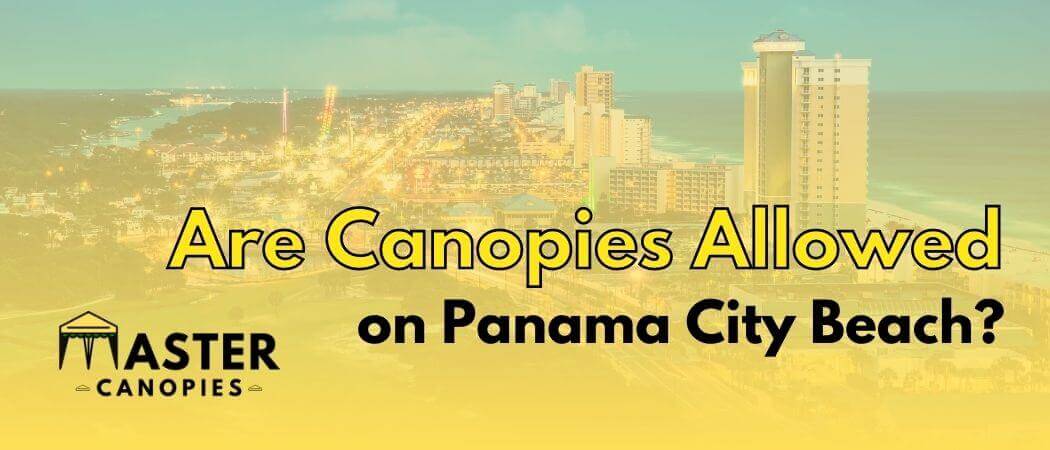
Are Canopies Allowed on Panama City Beach, Florida? Published June 4th, 2022 by Allen Campbell Beaches are some of the most popular tourist attractions in

What’s the Difference Between a Canopy and a Tent? Published June 1st, 2022 by Allen Campbell Imagine you’re out camping with your friends, and the

What is a Slant Leg Canopy? Published June 1st, 2022 by Allen Campbell Have you ever found it confusing to decide which type of canopy
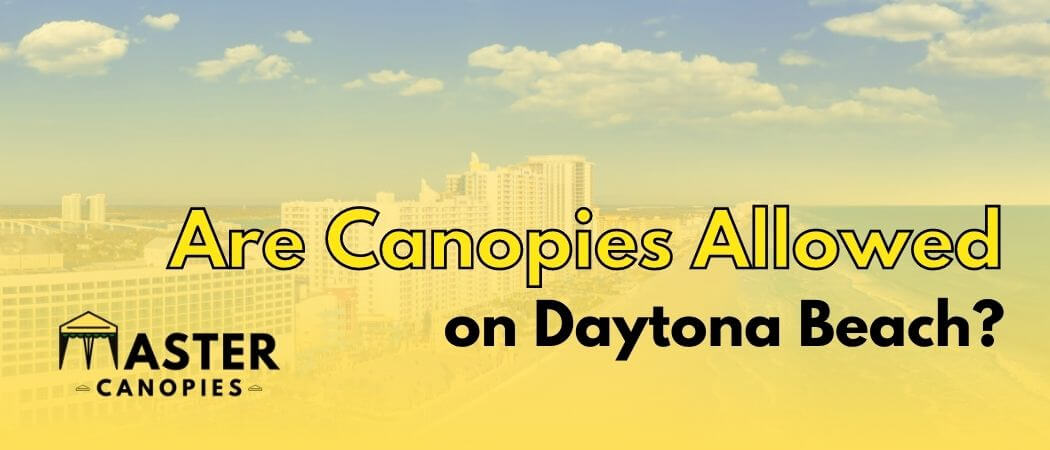
Are Canopies Allowed on Daytona Beach? Published May 28th, 2022 by Allen Campbell No matter where you live, beaches are one of the most enjoyable
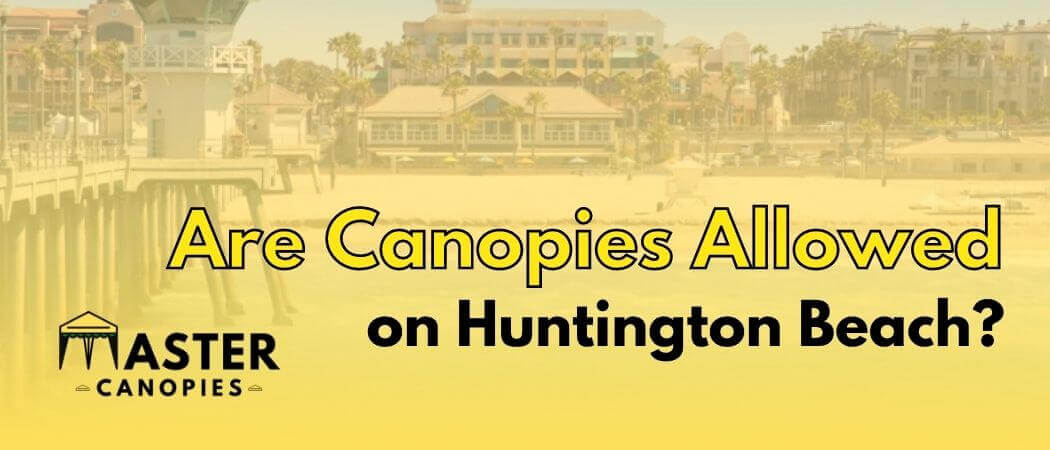
Are Canopies Allowed on Huntington Beach? Published April 29th, 2022 by Allen Campbell Huntington Beach is one of the most popular beaches in Southern California,
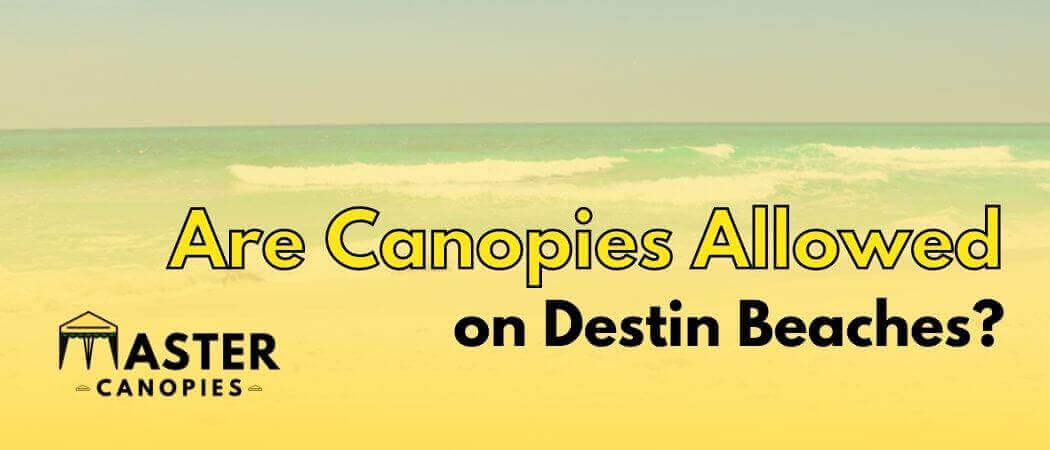
Are Canopies Allowed on Destin Beaches? Published April 29th, 2022 by Allen Campbell Destin, Florida, is a popular beach town that offers beautiful white sand
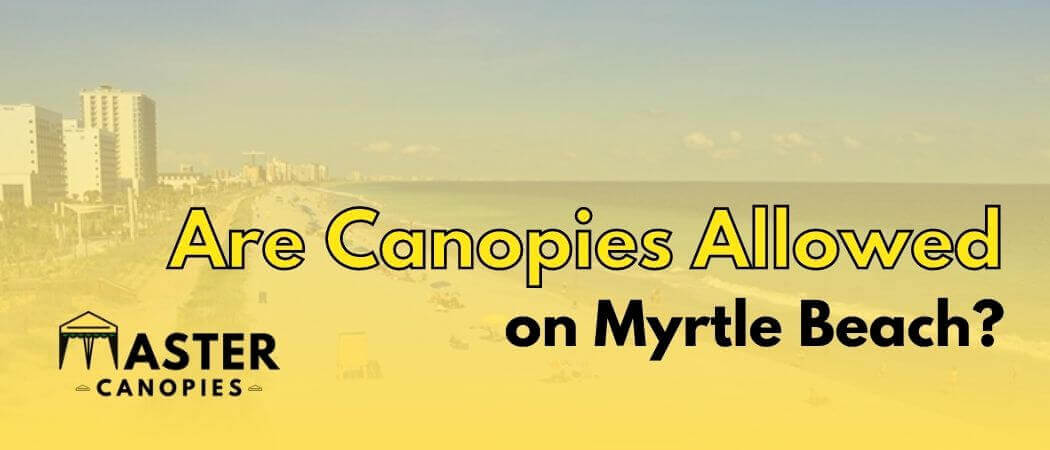
Are Canopies Allowed on Myrtle Beach? Published April 29th, 2022 by Allen Campbell Canopies are a wonderful way to beat the sun on the beach,

Are Canopy Beds Out of Style? Is It Outdated? Published April 28th, 2022 by Allen Campbell Canopy beds have been a popular choice for bedrooms

Master Canopies is here to bring you the best canopies for the outdoors so that you can enjoy the fresh air without the gleaming and burning light of the sun.

Master Canopies is here to bring you the best canopies for the outdoors so that you can enjoy the fresh air without the gleaming and burning light of the sun. As an Amazon Associate, we earn from qualifying purchases.